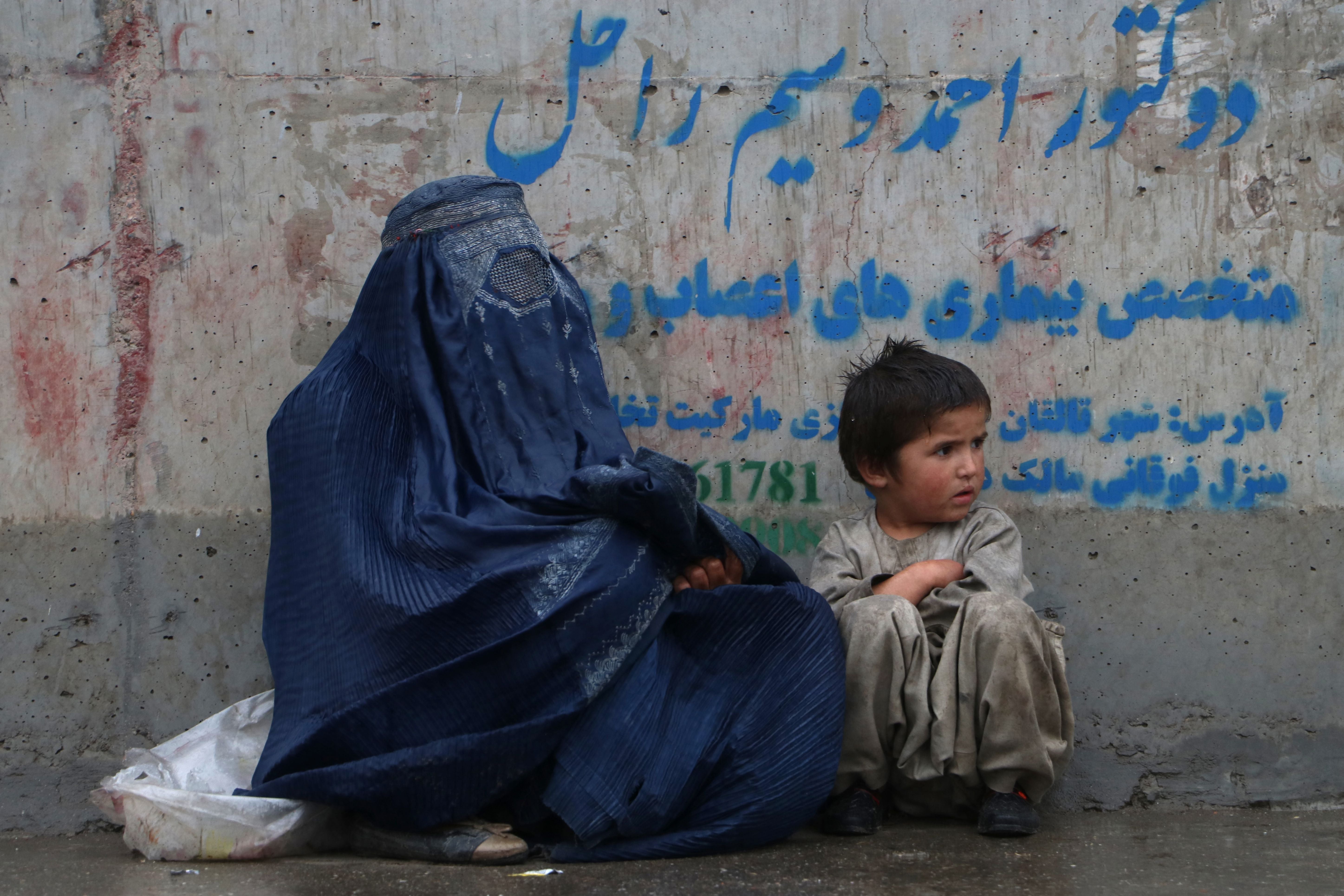Rights of Afghan women and girls set to be key item on agenda at UN General Assembly
Rights of women, girls and gendered minorities in the nation have been encroached upon ever since the Taliban took control in 2021

Your support helps us to tell the story
From reproductive rights to climate change to Big Tech, The Independent is on the ground when the story is developing. Whether it's investigating the financials of Elon Musk's pro-Trump PAC or producing our latest documentary, 'The A Word', which shines a light on the American women fighting for reproductive rights, we know how important it is to parse out the facts from the messaging.
At such a critical moment in US history, we need reporters on the ground. Your donation allows us to keep sending journalists to speak to both sides of the story.
The Independent is trusted by Americans across the entire political spectrum. And unlike many other quality news outlets, we choose not to lock Americans out of our reporting and analysis with paywalls. We believe quality journalism should be available to everyone, paid for by those who can afford it.
Your support makes all the difference.The rights of women and girls in Afghanistan and the current state of such rights is an issue that “will be very much on the agenda” of an upcoming meeting of the UN General Assembly (UNGA), the world agency’s chief Antonio Guterres said.
Leaders from across the world will meet in New York on 18-19 September for the UNGA session where the war in Ukraine, humanitarian relief for Morocco after a devastating earthquake struck the country, and floods that have killed thousands in Libya will dominate discussions.
“The rights of women and girls in Afghanistan is absolutely central to all concerns and will be one of the issues that will be very much on the agenda,” the top UN official said in a press conference on Thursday.
The Taliban has issued its own reaction to the meeting and the militant group’s regime spokesperson Zabiullah Mujahid said the international community should not interfere in the country’s internal affairs.
The rights of women, girls and gendered minorities in the nation have consistently been encroached upon ever since the militant regime took control of the country in 2021.
“The issue of human rights is an excuse that is used. In reality, the people of Afghanistan have rights given to them by Sharia law. Nobody can show that someone else’s rights have been violated. All individuals have rights, including men, women, children, and the elderly,” the Taliban spokesperson said, reported Tolo News.
This comes just days after the UN’s human rights chief accused the Taliban of waging a systematic assault on the freedom of Afghanistan’s population, with women and girls experiencing “immeasurably cruel” oppression.
“The shocking level of oppression of Afghan women and girls is immeasurably cruel,” UN High Commissioner for Human Rights Volker Turk said during a meeting of the UN Human Rights Council in Geneva.
“Afghanistan has set a devastating precedent as the only country in the world where women and girls are denied access to secondary and higher education.”
Human rights in Afghanistan are in a state of collapse in Afghanistan under the control of the Taliban which has rolled back institutional protections at all levels, urging the UN member states to help fill the void.
The Taliban had initially promised a more moderate approach after they took control of Afghanistan in August 2021, but have reinstated a very close model of their rule from the 1990s by mostly banning education for girls and women, and prohibiting them from work.
Women and girls in Afghanistan are also mostly barred from public spaces like parks, gyms, national parks and even banning their presence in public during Eid festivities in some provinces.
They also cannot travel without any male guardian or mehram, as directed by the Taliban, with failure in doing so to attract punishment from the hardline group.



Join our commenting forum
Join thought-provoking conversations, follow other Independent readers and see their replies
Comments